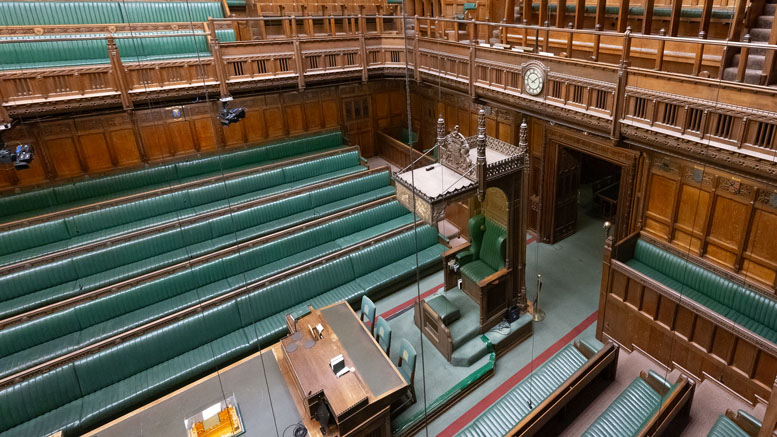To recap recent news: The Archbishop of Canterbury is stepping down. There are increasing calls and pressure for the Archbishop of York to follow suit – and to take William Nye, the Secretary General of the Archbishops’ Council, with him.
The latest furore surrounds the publication of an Archbishops’ Council-commissioned report by Keith Makin, into the events surrounding abuse committed by John Smyth and the fiasco of the Church of England’s response to it.
Much attention has focused on what Justin Welby knew or didn’t know; when he knew what he knew; and what he did, or didn’t do about what he knew and when.
But the bigger picture in the Makin Report is one of institutional cover-up. The things that were known were not acted upon. And those people who did know things made it their business to ensure that very few other people knew.
So, with the resignation of Archbishop Justin Welby and calls for more heads, you’d think that the Church of England would now understand that honesty is the best policy. That you can’t keep abuse covered up, and that “transparency” should be something that you actually do, rather than simply talk about doing.
Well, you’d be wrong.
My Member of Parliament Lee Anderson (Reform UK, Ashfield) kindly asked the Second Church Estates Commissioner, Marsha de Cordova MP (Labour, Battersea), “if the Commissioners will publish the legal costs of defending bishops against claims that they failed to act appropriately in safeguarding matters in each of the last five years.”
Now, I do not blame Marsha De Cordova for the content of the written answer she gave. She was only appointed to her post last month and is still getting to grips with her new role, which she holds in addition to her primary responsibilities to her constituents.
By way of explanation, by convention, the Second Church Estates Commissioner is always an MP from the governing party, although the only requirement in law for this post is that they are an actual communicant lay member of the Church of England.
The Second Church Estates Commissioner is a trustee of the Church Commissioners and – with time – will gain a fuller understanding of the work of the Church Commissioners and also of the General Synod (the post holder has ex officio membership of the Synod). But for now, she is reliant on a team of very competent parliamentary staff employed by the Archbishops’ Council to draft responses for her.
Her answer was disappointing. Having confirmed that the Commissioners do indeed have a discretion to pay the costs of bishop defending legal claims, on a case by case basis, she added: “It is not the practice of the Church Commissioners to disclose expenditure on the costs of legal proceedings of this kind.”
The Church Commissioners are a registered charity. They are also directly accountable to Parliament. They were initially established through an Act of Parliament (their role has been subsequently changed by a Measure – statutory law passed by the General Synod with the same status as an Act of Parliament). Its trustees include several state office holders, including the Prime Minister, the Lord Chancellor, the Secretary of State for Digital, Culture, Media & Sport, and the Speaker of the House of Commons and the Lords’ Speaker.
Bishops are not following their own safeguarding guidance. They are failing victims and survivors. But they are never held to account.
The Archbishops’ Council’s National Safeguarding Team, which should hold them to account, is more interested in offering training to ensure future compliance (no matter how many reports they receive about individual bishops).
And charitable funds from the Church Commissioners is handed out so that bishops can pay for lawyers to defend themselves from complaints made by victims and survivors of church-related abuse.
This is a major part of the Church of England’s safeguarding crisis: an inequality of arms in which victims, survivors and their advocates are left alone to fight malpractice carried out by bishops with well-funded lawyers.
So while “it is not the practice of the Church Commissioners to disclose expenditure on the costs of legal proceedings of this kind”, perhaps in the interest of the transparency the Church often speaks about, they ought to disclose this expenditure.

Thank you for this Gavin. Very interesting, particularly as a survivor of church abuse myself.